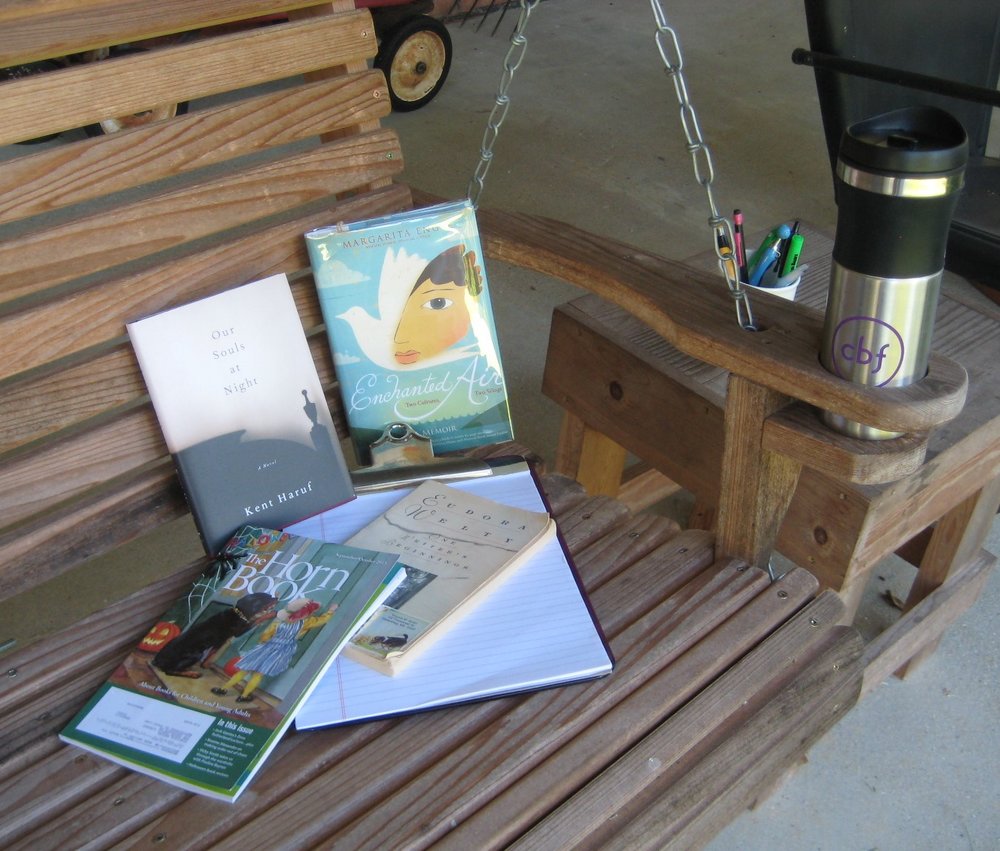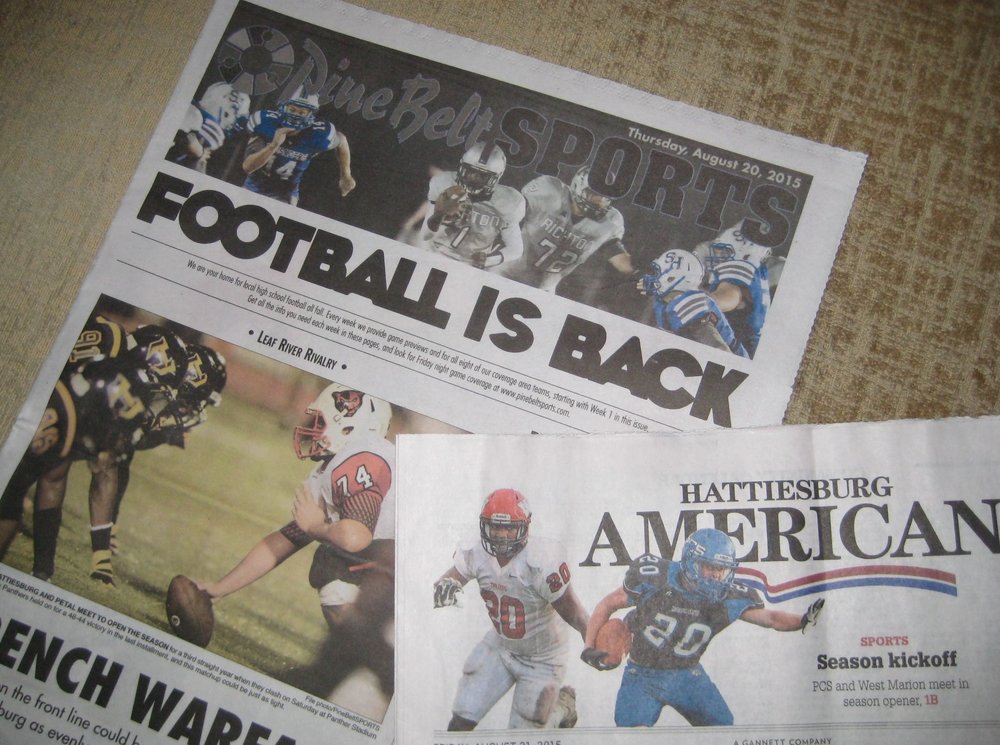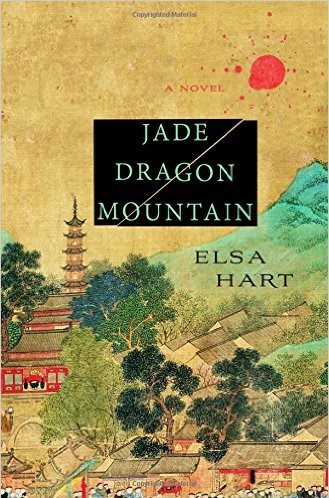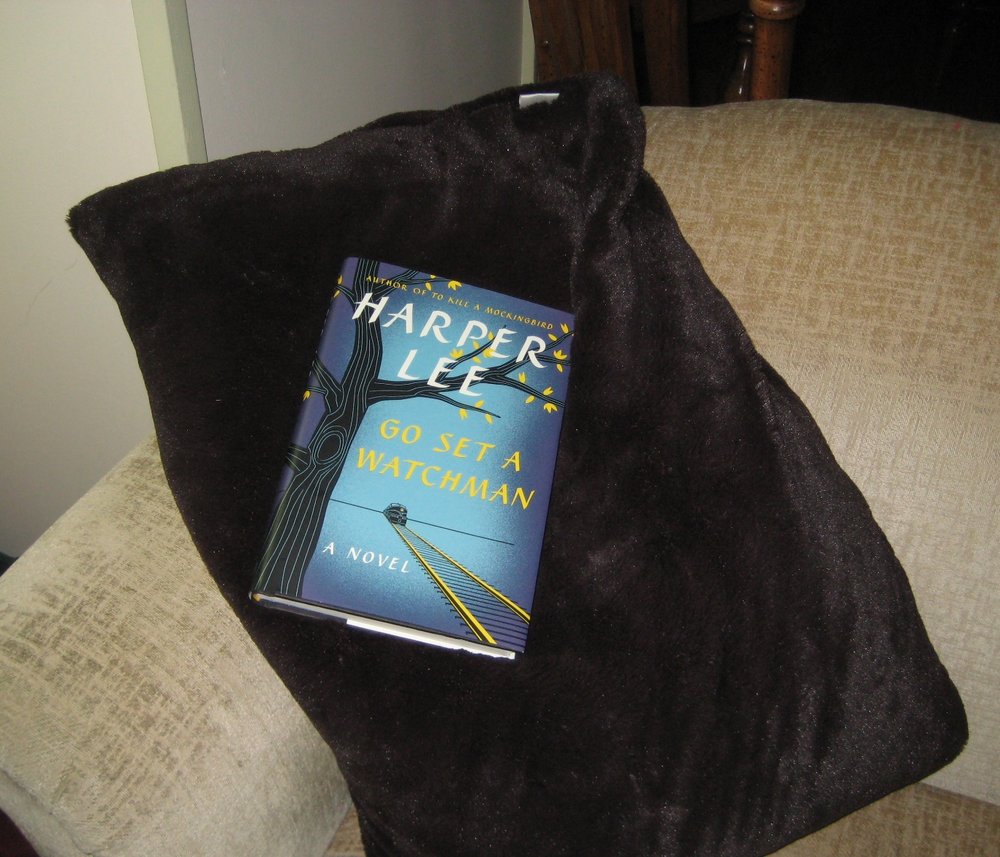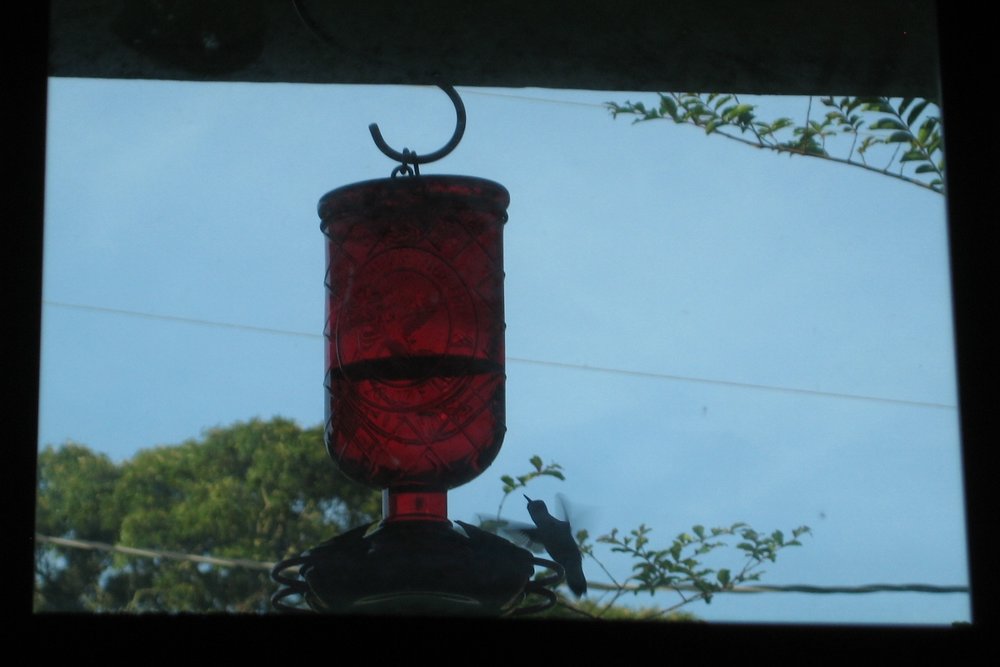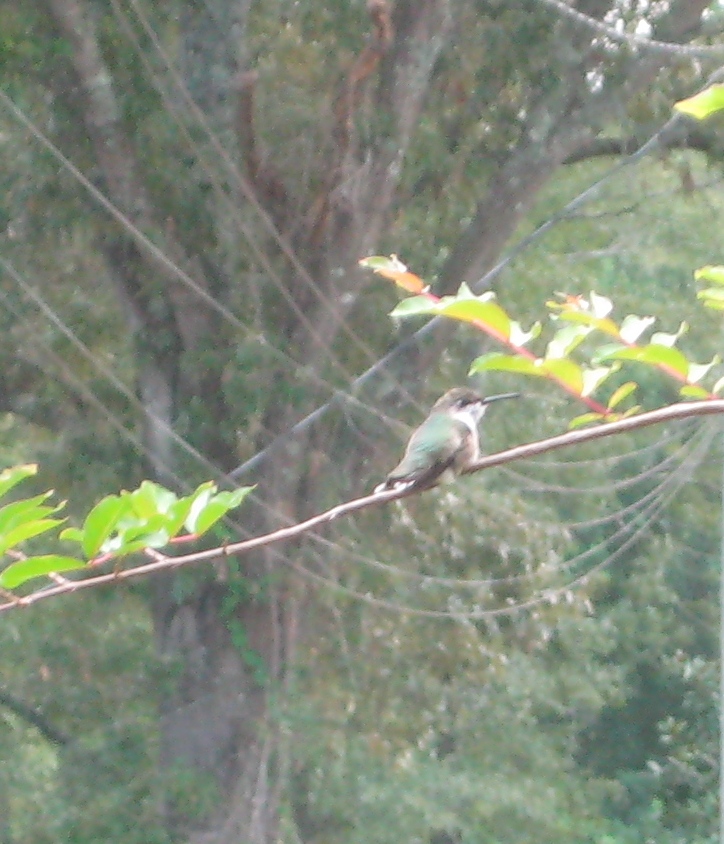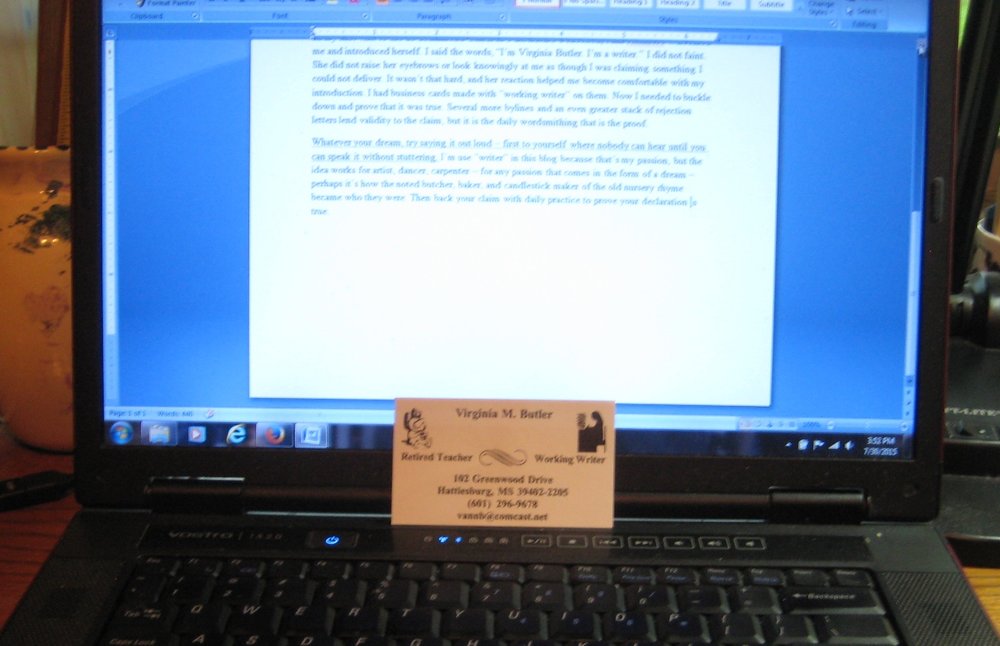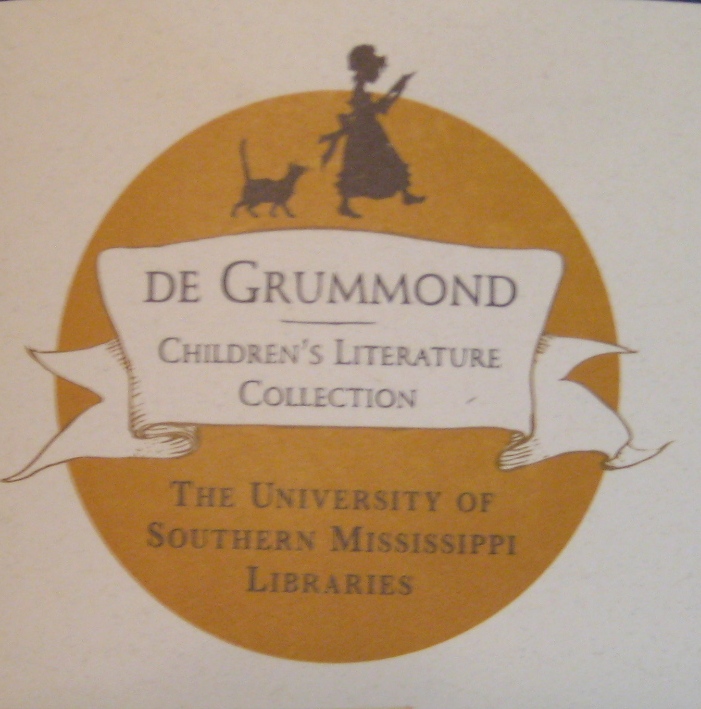 A question persisted in the back of my head the whole time I read Ali Benjamin’s debut solo novel The Thing About Jellyfish. (She has co-written several other books.) It almost mirrored the absorption in her protagonist’s head. My question was, “Am I really going to blog about this book?” Twelve-year-old Suzy Swanson intently pursues the idea that the drowning death of her best friend came at the hands of jellyfish.
A question persisted in the back of my head the whole time I read Ali Benjamin’s debut solo novel The Thing About Jellyfish. (She has co-written several other books.) It almost mirrored the absorption in her protagonist’s head. My question was, “Am I really going to blog about this book?” Twelve-year-old Suzy Swanson intently pursues the idea that the drowning death of her best friend came at the hands of jellyfish.
There was never any question about the quality of the writing. She describes the jellyfish expert, “His face is kind of meaty, and his lower jaw is tucked under the rest of his face like a drawer that’s been pushed in a teeny bit too far.” Nor was there ever any idea that I might close it without finishing. In fact, I had trouble closing it temporarily even when I read past my bedtime.
The problem came from Suzy’s struggle without letup as she becomes incommunicado in her struggle to move on after her friend drowns. Not willing to accept her mother’s platitude, “Sometimes things just happen,” she fixates on jellyfish as the cause. Lack of social skills, rejection of those who try to help her, marking time with her father in their weekly visits rather than opening up to him, and an impossible scheme to get to the jellyfish expert in Australia had me wanting to yell, “Stop!”
Without preaching, the book deals with guilt grief, the ineffectual use of platitudes, and the indefinite time periods and methods of coming through grief to a new normal.
My own question came because it’s hard for a cup-half-full person like me to read a book that begins with the cup half empty – and then springs a leak. By now you have figured out how I answered my question. I will add that I recommend the book for any middle schooler or young adult dealing with grief or an adult who walks beside them.










